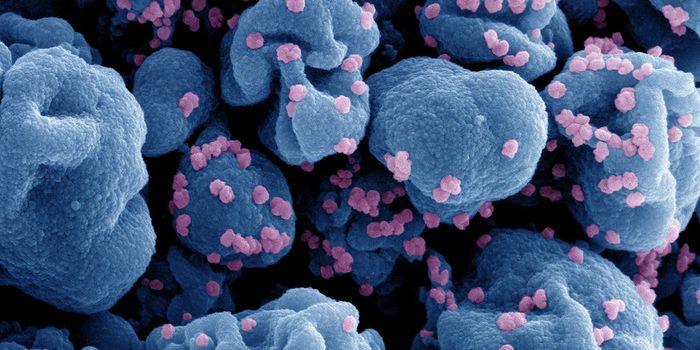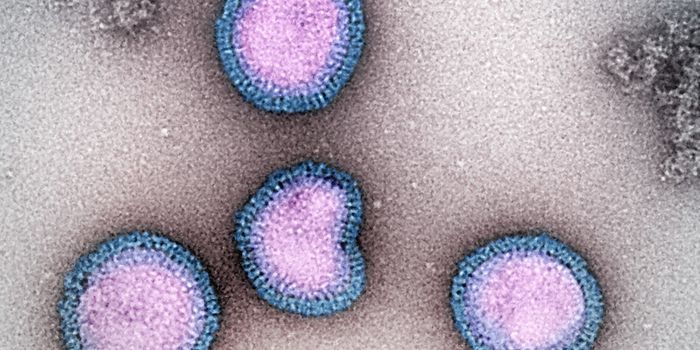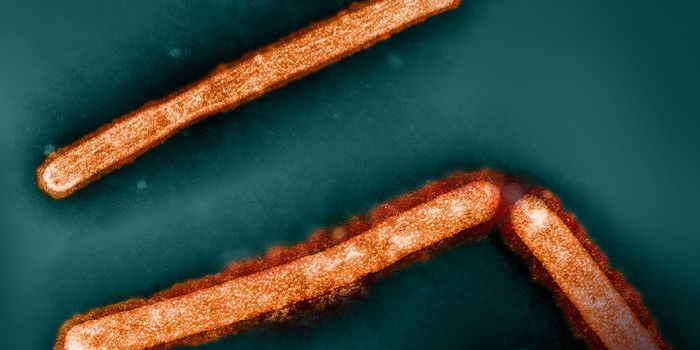Fathers' Sperm Linked to Autism in Offspring
Researchers at Washington State University have uncovered a genetic link between fathers and children with autism spectrum disorder (ASD). The study by Michael Skinner and colleagues revealed a panel of epigenetic markers in the sperm samples that were able to determine whether or not the men fathered children on the spectrum with 90 percent accuracy.
"We can now potentially use this to assess whether a man is going to pass autism on to his children," said Skinner, whose research was published in Clinical Epigenetics. "It is also a major step toward identifying what factors might promote autism."
ASD is a developmental disorder, generally appearing within the first two or three years of life, which largely affects an individual’s ability to communicate and interact in social situations. Children with ASD find it challenging to connect with their family and friends, display repetitive behaviors, and often have restricted interests, which can take a toll on their quality of life.
The number of ASD cases has skyrocketed over the last four decades. While it was once considered a relatively rare condition affecting 1 in 5,000 people, more recent estimates say the numbers are now closer to 1 in 68. There is some evidence indicating a nexus between parental genetics and ASD, but the specific genetic, molecular, or even environmental factors that cause the disorder are unknown.
Here, researchers narrowed in on sperm epigenetics or heritable changes in gene expression that do not involve alterations to the underlying DNA sequence. They were particularly interested in DNA methylation—the attachment of a methyl group to a DNA molecule, modulating the activity of the DNA segment by turning genes on or off.
The scientists identified over 800 DNA methylation sites from a cohort of 26 men, half of which had fathered autistic children. These sites have the potential to act as epigenetic biomarkers to quantify the risk of fathering a child with ASD. Validation of these biomarkers in a blinded test of another 18 men proved that these had a strong ability (of around 90 percent) to predict this susceptibility.
The team plans to expand these findings by testing larger cohorts of men. "We found out years ago that environmental factors can alter the germline, the sperm or the egg, epigenetics," said Skinner. "With this tool we could do larger population-based studies to see what kinds of environmental factors may induce these types with epigenetic changes."
Sources: Clinical Epigenetics, Washington State University.









